Free speech has always been a messy promise. It’s invoked like a sacred value in constitutions, parliaments, and Twitter bios. Politicians defend it, activists invoke it, and tech companies pretend to champion it.
But dig deeper, and the principle feels less like a universal right and more like a privilege; one that bends, shrinks, or expands depending on who is speaking, what they’re saying, and which way the political winds are blowing.
- Free speech often favors the powerful, bending to political winds and becoming a privilege, not a universal right.
- UK arrests for online posts and protests show speech can be criminalized when it challenges the status quo.
- Social media algorithms curate speech, amplifying some voices while muting dissent to protect corporate and political interests.
In practice, free speech is rarely about speech that everyone agrees with. It’s about the uncomfortable kind. The statements that irritate, offend, or challenge.
As the saying goes, if we only defend agreeable speech, then the right is hollow. And yet, again and again, societies find ways to shut down speech that doesn’t fit the preferred narrative of the day.
Arrested for annoyance
Take the United Kingdom, where laws designed to curb online abuse and harassment are increasingly used to criminalize speech that is “grossly offensive” or “causes annoyance.” According to police records, approximately 33 people are arrested daily for what they post online. Some are charged with making threats, but others face handcuffs for little more than offensive jokes, memes, or opinions that cross the blurry line between “disagreeable” and “illegal.”
Palestine Action supporters were arrested for holding signs. Image credits: SOPA Images / Getty Images
During protests related to Gaza, demonstrators were arrested for holding placards or chanting slogans deemed threatening under counter-terrorism legislation. Whether one agrees with the slogans or not, the fact that speech alone can trigger criminal charges raises an uneasy question: when is free expression protected, and when does it become criminalized dissent?
A new mural by Banksy appeared on the exterior of the Queen’s Building at the Royal Courts of Justice in London. It showed a judge in full wig and gown striking a protester on the ground with a gavel, while the protester clutched a blood-spattered placard.
Shortly after its appearance, authorities covered the work with black sheets and erected barriers, and began removing it. The reason given: the building is a listed (protected) historic site, and the mural was said to conflict with preserving its original character.
View this post on Instagram
The mural is widely interpreted as a commentary on recent arrests of pro-Palestinian protesters and the government’s crackdown on the group “Palestine Action,” which was recently designated as a proscribed organization under UK law. Supporters see the piece as highlighting concerns over free speech, protest rights, and state power.The Metropolitan Police have also reported the image as “criminal damage,” and an investigation is underway.
The chilling effect is real. Even if charges are dropped, the mere experience of being arrested for words can silence not just the speaker but their entire community. Suddenly, the cost of speaking out feels too high.
When misinformation becomes a moving target
Censorship doesn’t only come through police powers. During the COVID-19 pandemic, governments and platforms leaned heavily on misinformation policies. Posts that contradicted official public health guidance were often deleted, labelled, or downgraded. Sometimes this made sense: viral claims about injecting bleach or miracle cures could cause real harm.
But in other cases, the line was less clear. Doctors who questioned lockdown policies or raised concerns about side effects found themselves banned from Twitter, shadow-banned so their posts wouldn’t trend, or even threatened with losing their medical licenses. The problem wasn’t that all their claims were correct (many were later challenged) but that dissent was treated as dangerous by default.
A protester in the U.S. Image credits: Mario Tama / Getty Images
History is full of moments when minority scientific voices, once ridiculed, were later vindicated. Today’s heretic can become tomorrow’s Nobel Prize winner. The danger of blanket bans on dissenting views is that it assumes those in power can never be wrong.
Algorithms as gatekeepers
Even when the state isn’t intervening, private platforms are. Social media companies like Twitter, Meta, and TikTok are now the biggest amplifiers of speech in human history. But amplification isn’t neutral. Algorithms decide what is visible, what trends, and what disappears into obscurity.
Studies show that certain types of political content are boosted more than others, sometimes skewing toward mainstream right-wing voices, while at other times downgrading “borderline” left-leaning activism. In both cases, the pattern is the same: platforms insist they are protecting users from harm, but their systems consistently reflect corporate priorities, advertiser comfort, and political pressure.
Social media platforms amplify human speech. Image credits: Julian / Unsplash
That’s not free speech. That’s curated speech: a carefully managed feed designed to keep users scrolling, investors happy, and governments off the company’s back.
Hacking the messenger
Beyond arrests and platform moderation, another, quieter form of silencing has been booming: the use of commercial spyware and phone-cracking tools to surveil journalists, activists and opposition figures. Investigations since the Pegasus revelations have shown that governments, large and small, have used intrusive software from NSO Group’s Pegasus to FinFisher/FinSpy and other tools like Predator to copy messages, switch on cameras and microphones, and harvest contacts, all without the target’s knowledge.
The evidence is stark and transnational. Forensic analyses and reporting have documented infections and attempted hacks in democracies and authoritarian states alike, such as India, Rwanda, Serbia, Egypt and many others, with victims including investigative reporters, human rights defenders and political rivals. These tools are sold under the rubric of law enforcement and counterterrorism, but the pattern of misuse is consistent: surveillance that begins as “for crime fighting” ends up chilling dissent.
Attempted hacks have been reported in democracies and authoritarian states. Image credits: Getty Images / Unsplash
That kind of stealth surveillance doesn’t show up as a content takedown or an arrest, but its effect is equally corrosive. When phones are breached, sources dry up, investigative projects stall, and communities learn to self-censor out of fear. The worry isn’t only state actors: forensic-access tools and spyware can be purchased or repurposed by agencies with minimal oversight, meaning the line between lawful investigation and rights abuse is alarmingly thin.
If we are to defend free speech meaningfully, we must look beyond rhetoric about platforms and examine the hardware and software that make modern repression invisible. Transparency requirements for surveillance exports, tighter accountability for forensic vendors, and independent forensic audits for alleged hacks are practical steps, but only if they are pursued with the same urgency used to defend ‘public order’ when convenient.
Hate, hurt, and human emotion
One of the strongest justifications for restricting speech is to prevent hate. Hate speech laws exist in many democracies, with the intention of protecting vulnerable groups from discrimination and violence. But hate itself is a human emotion, not a crime. People are allowed to hate; they are allowed to express anger or disgust. The real question is when that expression crosses into direct harm, such as incitement, harassment, or threats.
People protest against a UK ban on Palestine Action. Image credits: SOPA Images / Getty Images
The danger of overbroad hate speech laws is that they risk silencing legitimate criticism. Palestinian activists know this all too well: criticism of Israel has often been labelled antisemitic, even when aimed at state policy rather than Jewish people. The result is that conversations necessary for justice and accountability are shut down under the guise of preventing hate.
The same logic applies elsewhere. Governments across Africa, Asia, and Latin America have used anti-hate or anti-terror laws to clamp down on journalists, opposition parties, and activists. They frame dissent as dangerous, not because it incites violence, but because it challenges power.
Free speech shifts with the climate
It’s worth noticing how quickly the definition of protected speech shifts. Under one administration, progressive voices questioning inequality or climate policy are dismissed as “woke propaganda” and throttled online. Under another, conservative commentators find themselves deplatformed for spreading conspiracy theories. The pendulum swings, but the principle remains weak: speech is tolerated as long as it doesn’t upset those who set the rules.
This reveals a paradox: the people who most need free speech protections are those saying things others don’t want to hear. But those are exactly the voices most often silenced.
The cost of comfort
It’s tempting to believe that silencing offensive or uncomfortable voices makes society safer. But in reality, it makes society more fragile. If disagreement is equated with danger, we lose the ability to wrestle with hard truths. If dissent is punished because it causes “annoyance,” then speech ceases to be a right and becomes a privilege reserved for the comfortable.
Free speech isn’t about agreeing with someone’s words. It’s about defending their right to say them, even (and especially) when we dislike them. As Noam Chomsky famously put it, “If we don’t believe in freedom of expression for people we despise, we don’t believe in it at all.”
None of this means free speech should be absolute. Threats of violence, targeted harassment, and deliberate incitement do real harm and deserve legal consequences. But the bar for restriction should be high, clear, and evenly applied.
Police in the UK have arrested Palestine Action supporters. Image credits: Jeff Moore – PA Images / Getty Images
That means laws that distinguish between genuine danger and mere offensiveness. It means platforms being transparent about how their algorithms amplify or mute content. It means resisting the temptation to censor dissent in the name of public order, public health, or public comfort.
Most importantly, it means recognizing that free speech is not about protecting consensus. It’s about protecting disagreement. Because without the space to argue, question, and even offend, societies stagnate, and power goes unchallenged.
Final free word
So who really gets free speech today? The truth is, it’s rarely those with the least power. The loudest megaphones are still in the hands of the wealthy, the well-connected, and the algorithmically favored. Meanwhile, ordinary citizens risk arrest, activists risk invisibility, and contrarians risk exile from digital platforms.
The challenge is not to create a world where nobody is ever offended because that’s impossible. The challenge is to build a culture where the right to speak doesn’t depend on whether your words make the powerful uncomfortable.
Because if free speech is only for the comfortable, then it isn’t free at all.
Poll Question
Thanks! Check out the results:
1k+views
Share on FacebookLovely quote: "As the saying goes, if we only defend agreeable speech, then the right is hollow."
Lovely quote: "As the saying goes, if we only defend agreeable speech, then the right is hollow."

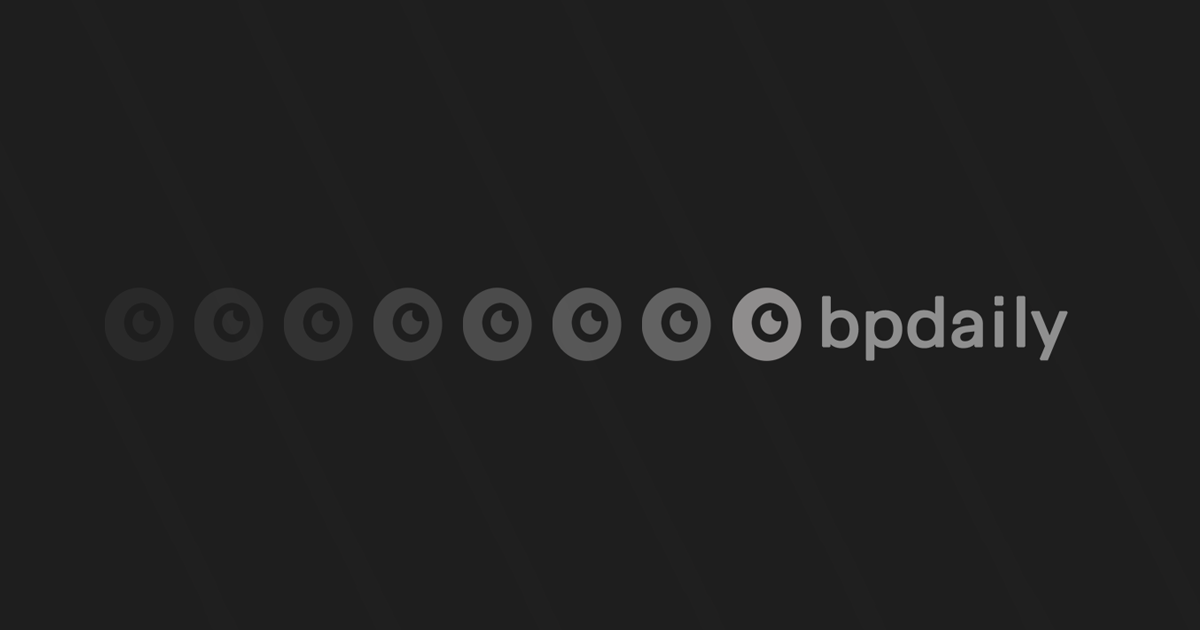
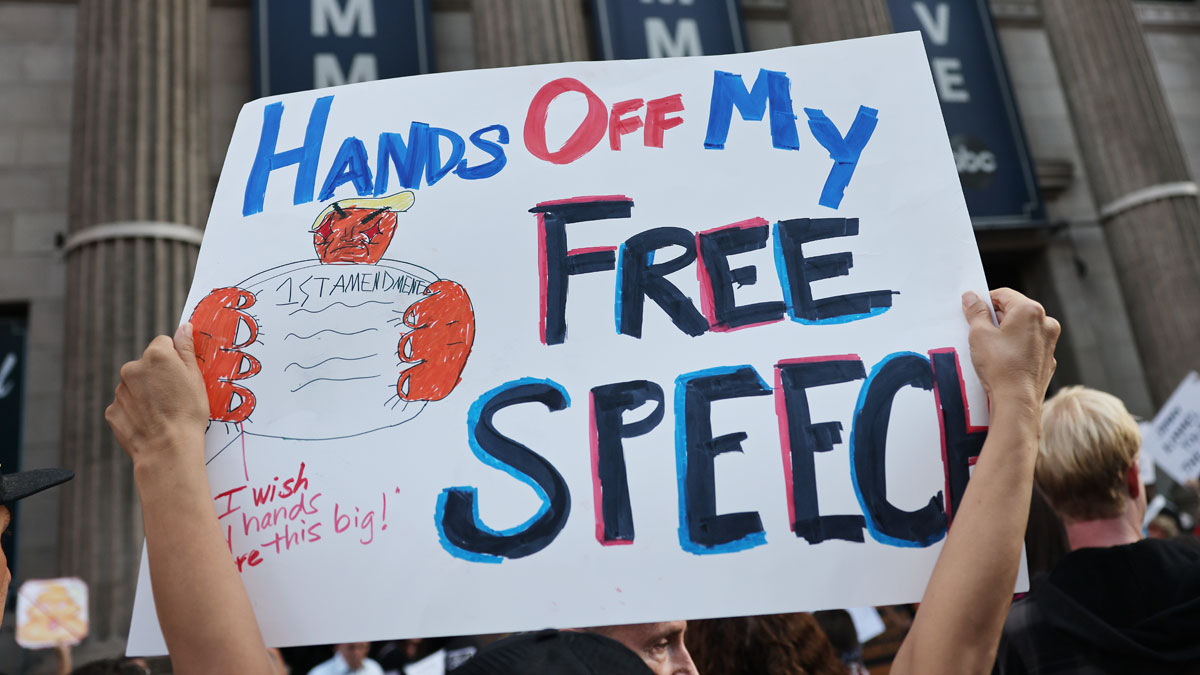
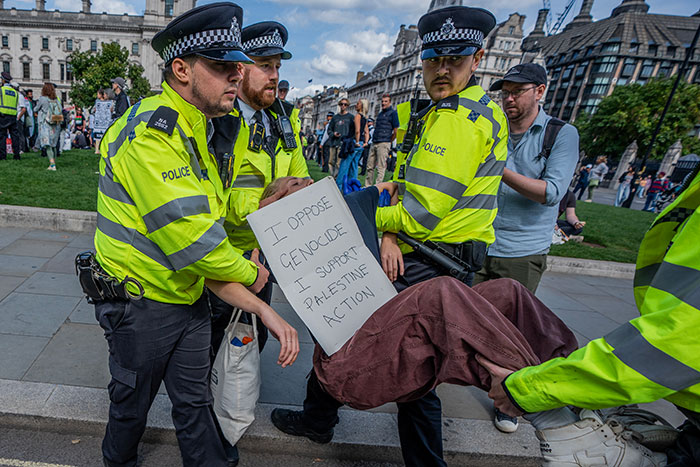
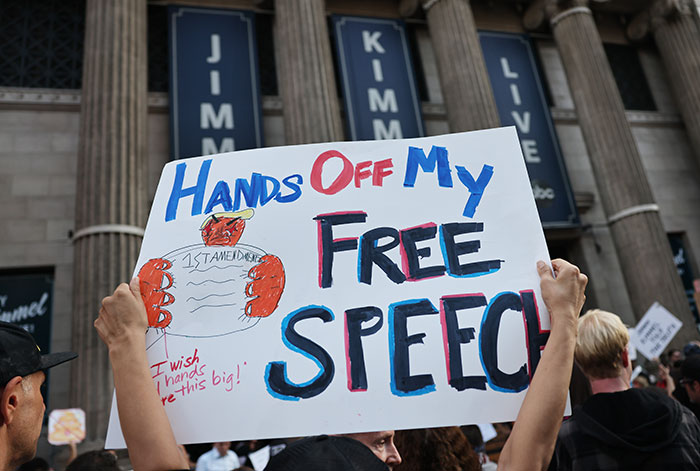
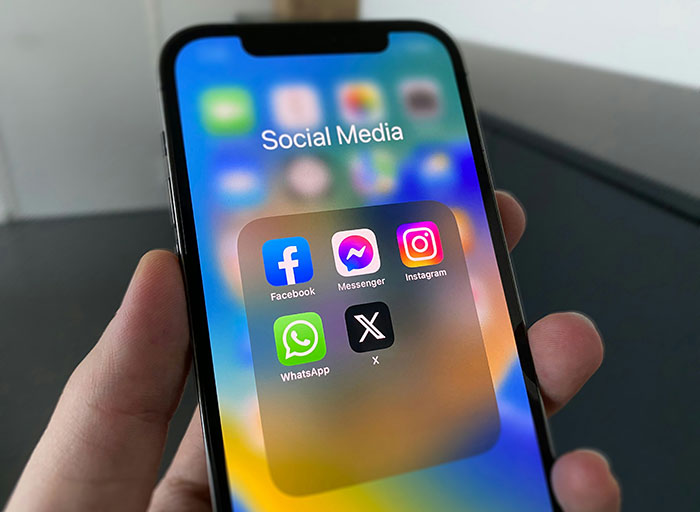
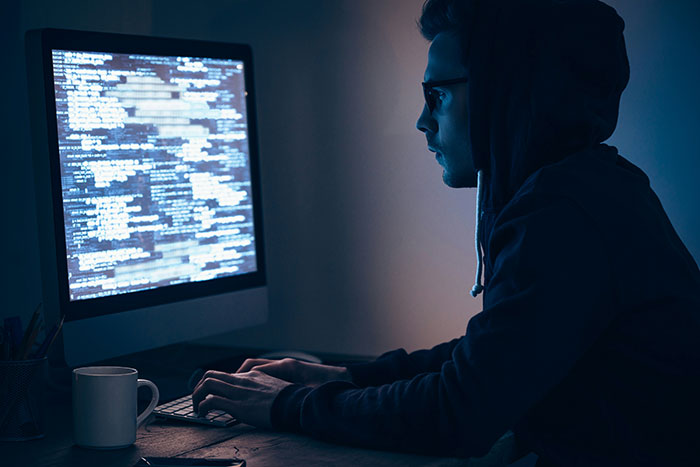
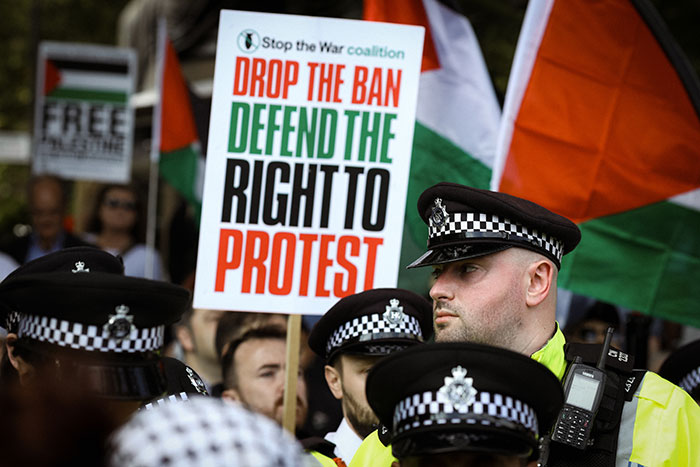
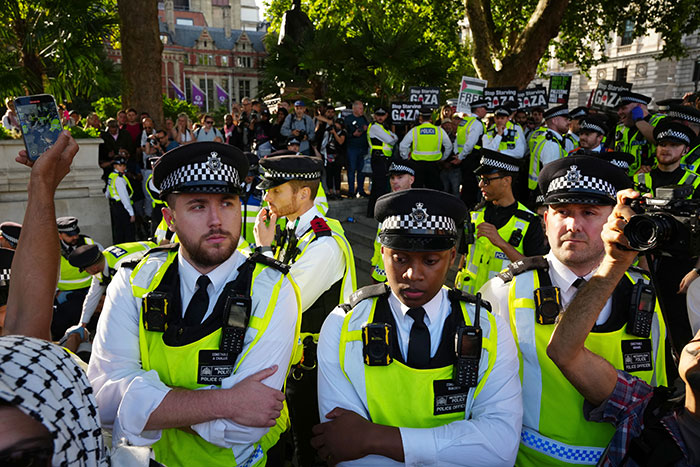
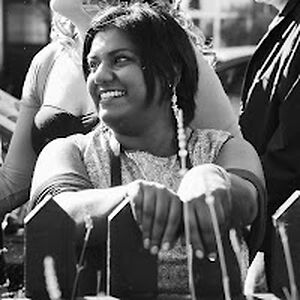


16
1